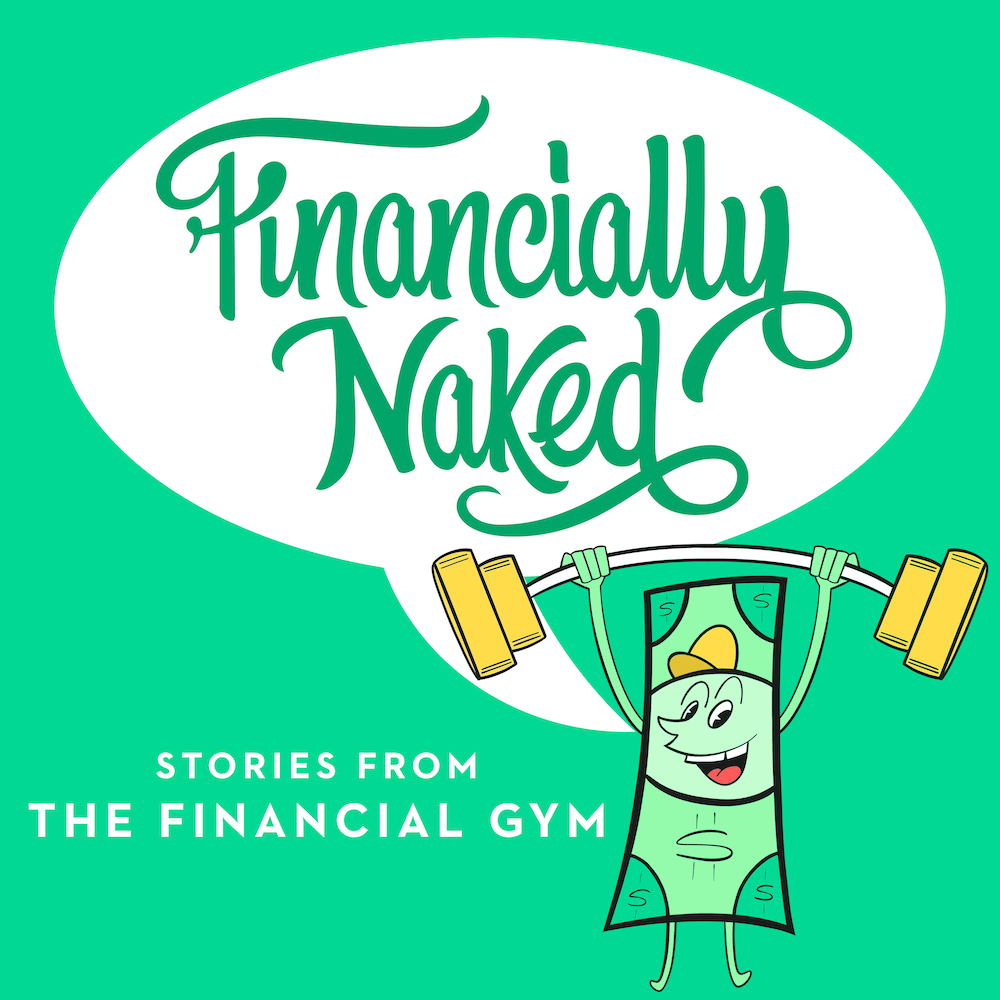Opening a Restaurant and Building Community through Food with Ornella
Opening a Restaurant with Emily and Ornella
On this episode of Financially Naked: Stories from The Financial Gym, our host is Emily Egan, PR Manager. She is joined by Ornella Yovo, Level 2 Trainer to talk about her experience in opening a quick service restaurant in February 2020.
Podcast Notes
When Ornella started with The Gym in December 2019, she was also in the midst of opening a new restaurant, Mzizi Afro-Caribbean Eats, in Newark, New Jersey.
Her restaurant is a culmination of African food, a social experience, and a fun place where Africans and friends can come hang out, learn about the cuisine, and learn about the culture in general.
Mzizi is a Swahili word that means “roots”. This is what Ornella wanted people to feel — a sense of home and belonging, even if you never experienced it before.
Egusi and Jollof rice is a favorite menu item. Egusi is a grain that is made out of dried melon seed and it is high in protein. Jollof rice is an African staple.
Ornella’s mom has owned a restaurant for over 10 years, also based in Newark. There was pressure for Ornella to open a restaurant, in that her mom needed a succession plan because she wanted to move back to Africa. They were talking about opening another location, but Ornella found a turnkey restaurant that allowed her to start cooking the next day.
The restaurant industry is glamorized, but it is a lot of work to make sure you have your permits and certifications. There are a lot of nuances that go into setting it up.
Ornella signed the lease in November 2019, and the restaurant opened in early 2020. As a fast-casual restaurant, they needed to make $1,000 to $1,500 per day, and this is what Ornella was projecting. Starting out, she knew she would lose money.
After COVID-19 hit, she had to adjust, because she wasn’t even making one-third of her original projection. She was focused on covering her expenses, with paying employees first and then paying rent.
She pivoted and moved to a delivery model, but it was hard because the restaurant was so new. The way people found it was by walking around, but with the stay-at-home order, no one was walking around and there was zero foot traffic.
They were on Uber Eats and Door Dash, but people didn’t know about them. Many people were not ordering out due to layoffs.
All business owners need to sit down, take the emotion out of it, and do the numbers because numbers won’t lie to you. She asked herself how much do I make, how much do I project I will continue to make, and how long can I actually sustain that.
If Ornella continued the way she was with her employees and rent, it would not be good for her mental health, and she would have continued getting more in debt. The numbers didn’t make sense and she had to walk away.
At first, she was really sad about it. She felt like a failure, but then she realized it wasn’t a fail. Maybe it wasn’t her time to do this and she needed to accept that it happened.
Ornella is now focusing on transitioning the skills she learned from owning and operating a restaurant to help other people.
Ornella learned that when you own a restaurant, everything is more expensive.
The biggest lesson she learned is to make sure you have the capital you need to keep yourself afloat. If you think your business is going to cost $100,000, double it. Don’t start something if you don’t have the capital cushion. You probably won’t see a breakeven for two to three years.
Depending on the type of restaurant you run, food costs can be anywhere between 15% and 25% of your revenue. If you have a specialty food place, it can be 25% to 30% of your revenue. If you have a fine dining restaurant, the food cost can be upward of 50%. Ornella tried to keep her food cost between 20% and 30%.
Location matters, because people need to see your space. Marketing and hiring the right people is important. Looking back, Ornella would have spent more time marketing before she opened and put more effort into it.
You should be pre-posting your menu and food way before you open, about six months to a year. People should know so much about your restaurant that they are waiting in line to get in when you finally open.
Ornella found her staff through indeed.com, and this is where she found her partner, who also happened to be a photographer. Others she found through word of mouth, but if you are going to hire that way, make sure you check references. The people you hire make or break your business.
Starting out, Ornella tried to find the quickest source of funding possible. She had a good savings cushion, but she ended up taking out a personal loan. This is okay, but you don’t want to tie too much of your personal credit to your business. In her case, the restaurant didn’t work out and she now needs to pay the loan back.
Restaurants burn through cash like crazy. Find a way to sell your food or product with the lowest expenses possible. If you want to open a restaurant, plan, plan, and plan some more.
Resources Mentioned
Facebook Group: Women in Hospitality
Connect with Ornella:
Instagram: @o.sheshy and @mzizi_eats and @osqrd.co

